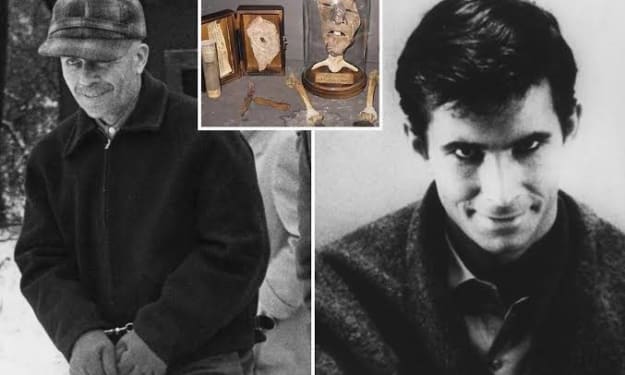BTK Killer: Reign of Terror
Dennis Rader, the "BTK Killer," terrorized Wichita, Kansas, from 1974 to 1991 with a series of brutal murders

Dennis Rader, commonly known as the "BTK Killer" was a notorious American serial killer who terrorized the city of Wichita, Kansas for over three decades His crimes spanned from 1974 to 1991, during which he committed a series of brutal murders, sending taunting letters and messages to law enforcement and media outlets, which led to his moniker "BTK" - an acronym that stood for "Bind Torture, Kill," reflecting his modus operandi. Rader's killing spree began in 1974 when he murdered four members of the Otero family in their Wichita home. This crime marked the start of a disturbing pattern of home invasions, where Rader would stalk his victims before breaking into their houses, binding them, torturing them, and eventually taking their lives. His chilling ability to elude capture earned him a reputation as one of the most elusive and dangerous criminals in American history.
The BTK Killer's notoriety grew as he continued to taunt the police and media with cryptic letters and messages that detailed his gruesome crimes. These communications served as both a means of ego gratification for Rader and a way to perpetuate fear within the community. He sent letters to local newspapers, television stations, and even left a letter in a library book that contained details about one of his murders. His brazen communication style added an element of psychological warfare to his crimes, further unsettling the public and law enforcement.
Despite his best efforts to evade capture, Rader's downfall came in the form of technology and forensic evidence. In 2004, he sent a floppy disk to a local television station, believing that it couldn't be traced back to him. However, investigators were able to recover metadata from the disk, revealing that it had been created using a computer at Christ Lutheran Church, where Rader was an active member. This breakthrough led authorities to focus their investigation on Rader, ultimately leading to his arrest in February 2005.
In a shocking turn of events, Rader confessed to ten murders during his police interrogation, providing chilling details about the crimes and the motivations behind them. He admitted that he derived a perverse thrill from the control and power he had over his victims, relishing the fear he instilled in the community. Rader's confession shed light on the depths of his depravity and lack of remorse for the lives he had taken.
In 2005 Dennis Rader pleaded guilty to ten counts of first-degree murder and was subsequently sentenced to ten consecutive life terms in prison without the possibility of parole. His guilty plea spared the families of his victims from enduring a lengthy trial and gave them some semblance of closure. Rader's apprehension and conviction marked the end of his reign of terror and provided a sense of justice for the victims and their loved ones.
The case of the BTK Killer had a lasting impact on criminal investigations and the understanding of psychopathy. Rader's ability to blend into his community, hold a steady job, and maintain a seemingly normal family life highlighted the disturbing reality that serial killers can appear entirely unremarkable on the surface. His use of communication to both taunt authorities and satisfy his ego underscored the evolving role of technology in criminal investigations. Dennis Rader's crimes and the terror he inflicted on Wichita remain a chilling reminder of the capacity for evil that exists in some individuals. The case also serves as a testament to the perseverance of law enforcement and the importance of using all available resources, including technological advancements, to bring criminals to justice. While his capture provided closure for the families of his victims, the scars left by his actions continue to linger, a somber reminder of the darkness that can reside within the human psyche.





Comments
There are no comments for this story
Be the first to respond and start the conversation.